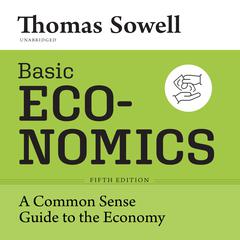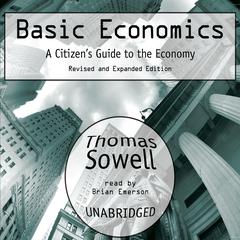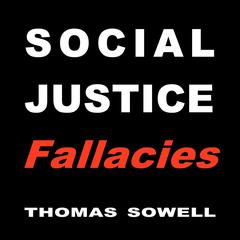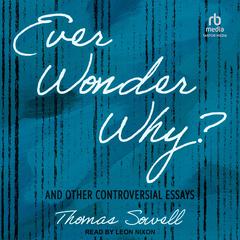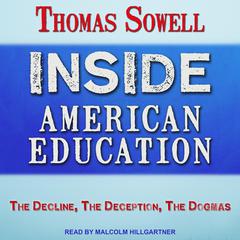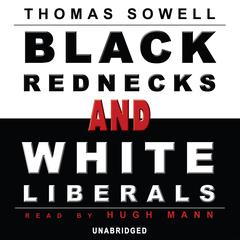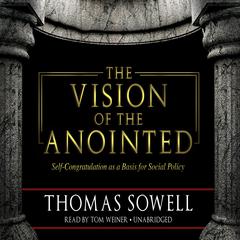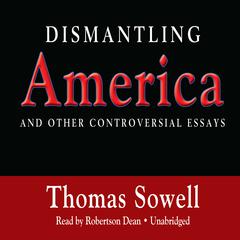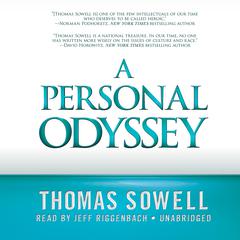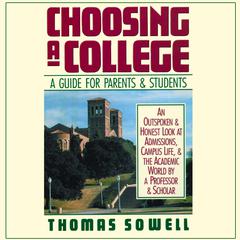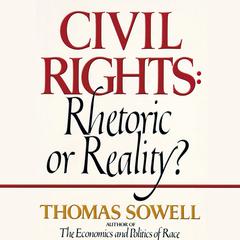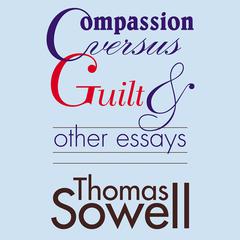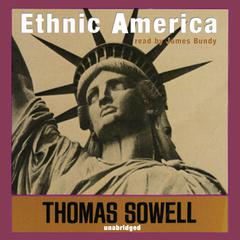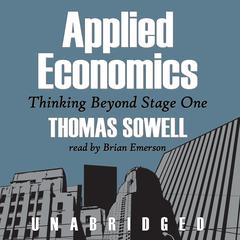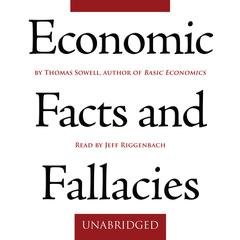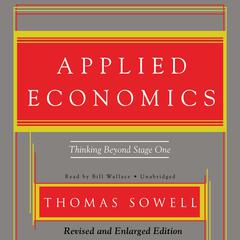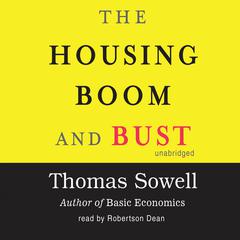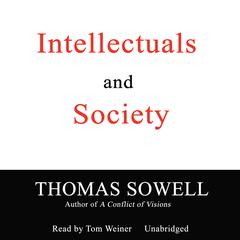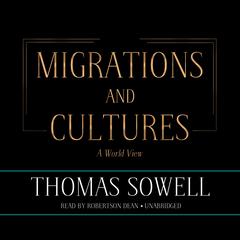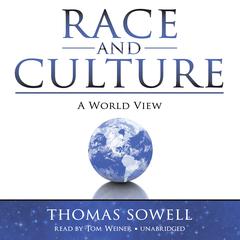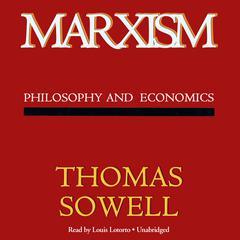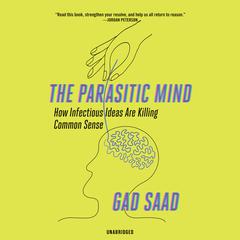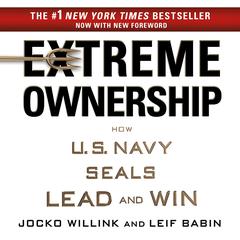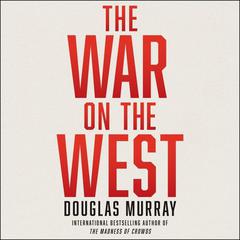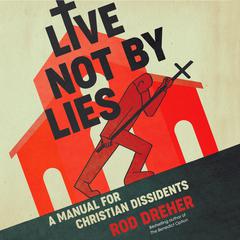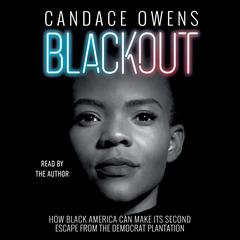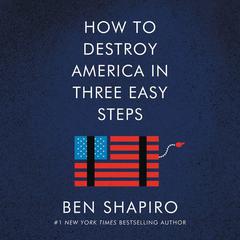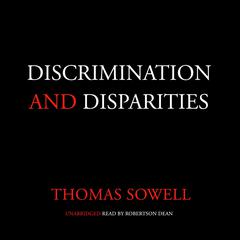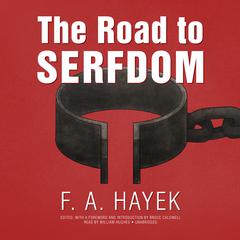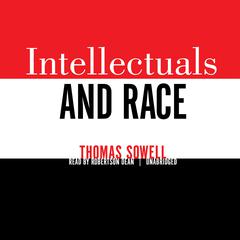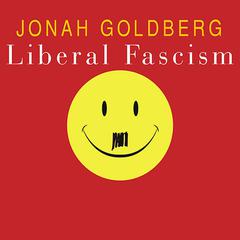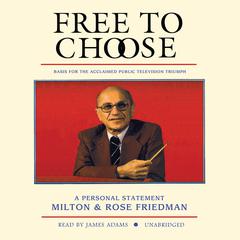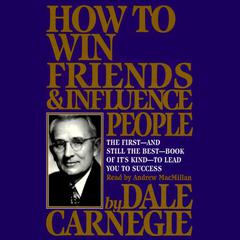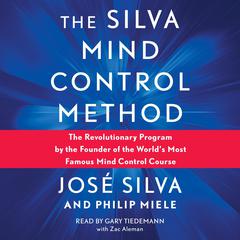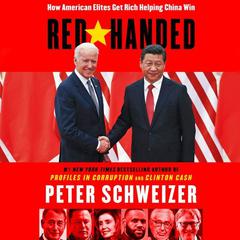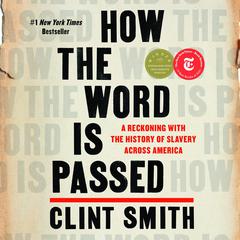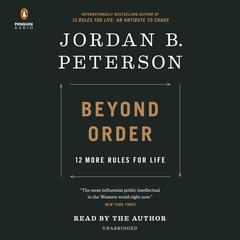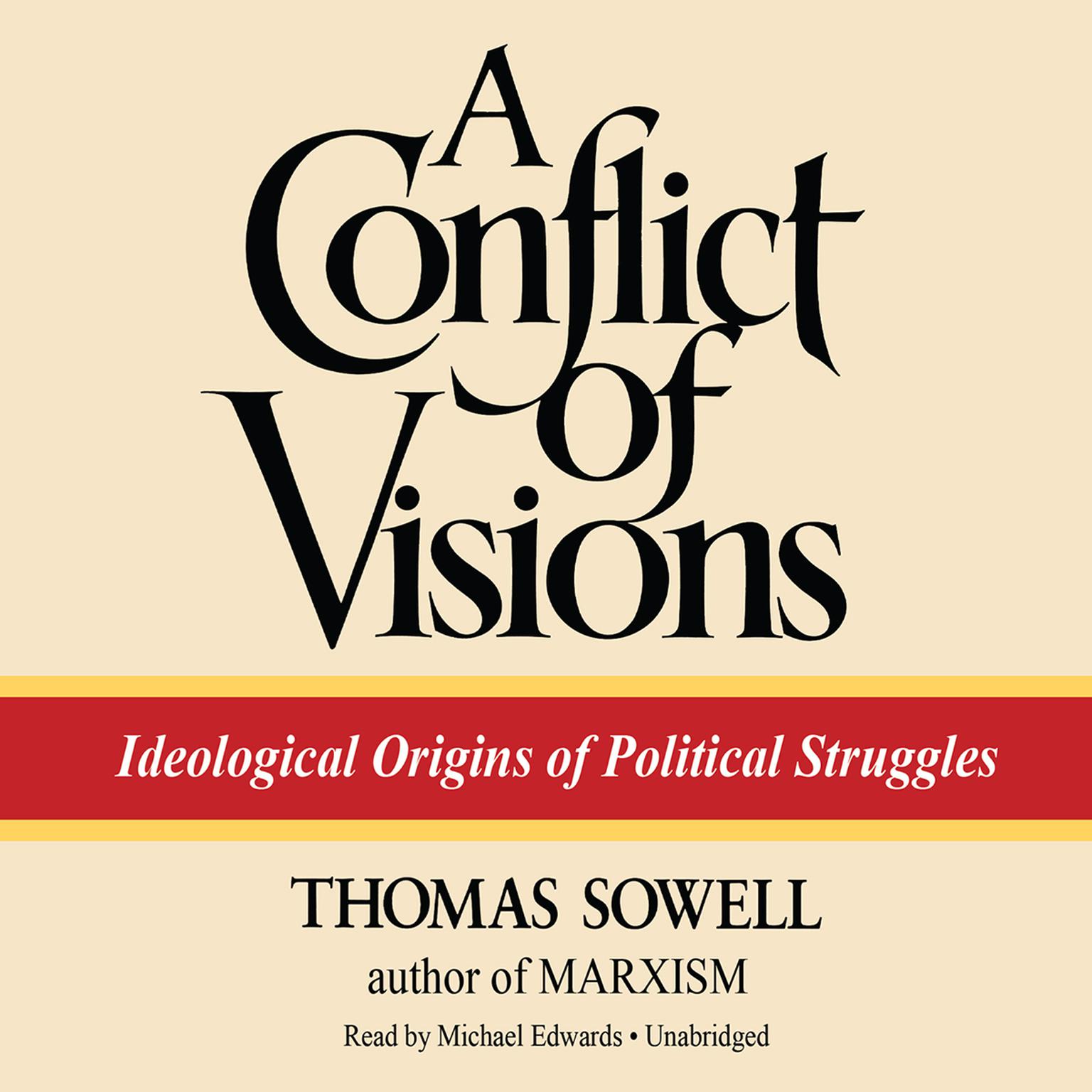 Play Audiobook Sample
Play Audiobook Sample
A Conflict of Visions: Ideological Origins of Political Struggles Audiobook
 Play Audiobook Sample
Play Audiobook Sample
Quick Stats About this Audiobook
Total Audiobook Chapters:
Longest Chapter Length:
Shortest Chapter Length:
Average Chapter Length:
Audiobooks by this Author:
Publisher Description
Controversies in politics arise from many sources, but the conlficts that endure for generations or centuries show a remarkably consistent pattern.
In this book, which the author calls a "culmination of thirty years of work in the history of ideas," Sowell attempts to explain the ideological difference between liberals and conservatives as a disagreement over the moral potential inherent in nature. Those who see that potential as limited prefer to constrain governmental authority, he argues. They feel that reform is difficult and often dangerous, and they put their faith in family, custom, law, and traditional institutions. Conversely, those who have faith in human nature prefer to remove institutional and traditional constraints. Controversies over such diverse issues as criminal justice, income distribution, or war and peace repeatedly show an ideological divide along the lines of these two conflicting visions.
Download and start listening now!
"This is an excellent book that thoroughly discusses the nature of ideological values, morals, and beliefs. Sowell uncovers the origins and ulterior meanings of human thought and action. His writing is very clear, focused, and well researched. I actually found out more about my own views while reading this book."
— Victoria (4 out of 5 stars)
Quotes
-
“Extraordinary…[Sowell] makes his case fairly, lucidly, and persuasively.”
— New York Times Book Review -
“A provocative analysis of the conflicting visions of human nature that have shaped the moral, legal, and economic life of recent times…His discussion of how these conflicting attitudes ultimately produce clashes over equality, social justice, and other issues is instructive.”
— Publishers Weekly -
“The book builds a convincing case that ethical and policy disputes are ultimately based on the differences in these visions. It covers a wide variety of political, philosophical, and economic thought…An important contribution to our understanding of current social issues.”
— Library Journal
A Conflict of Visions Listener Reviews
-
" Excellent information, but does not flow as well as his later works. "
— Dianna, 2/19/2014 -
" Amazing read. It fundamentally changed how I think and how I look at politics and philosophy. "
— Brannon, 2/16/2014 -
" Forget everything you ever thought you knew about free markets..... 99.99999% of you don't have a clue. For enlightenment read this book. After reading this you realize the world is full of idiots pretending to be informed. Especially in the cable news channels and to a greater extent the business new channels also. "
— Dave, 2/12/2014 -
" A very thought-provoking read that discusses the beginnings and fundamental differences between the constrained and unconstrained visions (i.e. the two main political parties). It will be a must read for my children. I'm buying the book. "
— Nanette, 2/11/2014 -
" Excellent book if you're baffled by the conviction held by those on the opposite end of the political spectrum from yourself. If you read the preface, be patient. The read gets much easier. "
— Alan, 1/19/2014 -
" The material was quite good. It was too broad at times, but assize from that, the theory was solid. The weakness off this book was the dry, redundant nature of the book. I feel that the entirety of the book could have been explained thoroughly in about 10-20 pages. "
— Rsoeffker, 1/13/2014 -
" Excellent. A basis for understanding political differences that need not include mention of political parties. This book gives one the means to state that the choice between the Democratic and Republican Parties is really no choice at all. "
— Ben, 1/12/2014 -
" A fairly clear statement & defense of a "conservative" view of the world, of humanity, &c. "
— Sue, 12/8/2013 -
" Honestly? Not nearly as great as The Vision of the Anointed, but just as important. I enjoyed it, but this was much drier. "
— Jeff, 11/20/2013 -
" I've read several of Sowell's books, in my opinion, 'Conflict' and 'Basic Economics' are his two best (of those I've read). As clearly as Sowell lays out econ in 'Basic Economics' he lays out political philosophy in 'A Conflict of Visions'. This book may be a little heavy for new comers. "
— Jay, 10/29/2013 -
" Heavy reading, but essential. "
— Bill, 10/18/2013 -
" After reading this book I will never argue an opposing view without knowing all the facts. Great read. "
— Hugo, 6/14/2013 -
" Sowell writes a classic book on the particulars and the origins behind two ways of seeing the world that originated in the 18th century and continue to define today's political conflicts. "
— José, 3/16/2013 -
" Clarified so much for me. "
— Jw, 12/26/2012 -
" Sowell is brilliant! I gained so much insight into the ideologies behind the policies and decisions of our government leaders. "
— Greta, 7/10/2011 -
" One of the most important books I've ever read. If you want to better understand how you and others think this book has the tools. You'll be able to apply the insights to all areas of life. Read it! "
— Nate, 7/7/2011 -
" After reading this book I will never argue an opposing view without knowing all the facts. Great read. "
— Hugo, 4/25/2011 -
" If I could only recommend one book on political thought, this would be the one, no matter where you are on the political spectrum. Reading this book was as close as I have ever come to having an epiphany. I will never view a political debate the same way again. <br/> <br/> "
— Jerry, 8/21/2010 -
" Honestly? Not nearly as great as <em>The Vision of the Anointed</em>, but just as important. I enjoyed it, but this was much drier. "
— Jeff, 7/9/2010 -
" Interesting concept - the "constrained" and "unconstrained" visions - but doesn't appear to fit well with libertarian/voluntaryist principles, which seem to spill over to both visions. "
— David, 6/30/2010 -
" A very thought-provoking read that discusses the beginnings and fundamental differences between the constrained and unconstrained visions (i.e. the two main political parties). It will be a must read for my children. I'm buying the book. <br/> "
— Nanette, 12/14/2009
About Thomas Sowell
Thomas Sowell is a senior fellow at the Hoover Institution, Stanford University. He is the author of dozens of books and the recipient of various awards, including the National Humanities Medal, presented by the president of the United States in 2003.
About Michael Edwards
Michael Edwards is a playwright and director from Baltimore.




